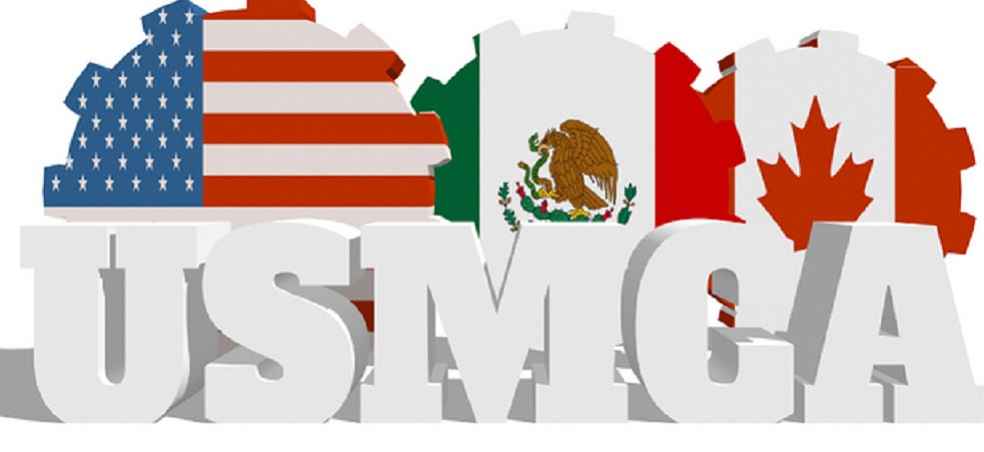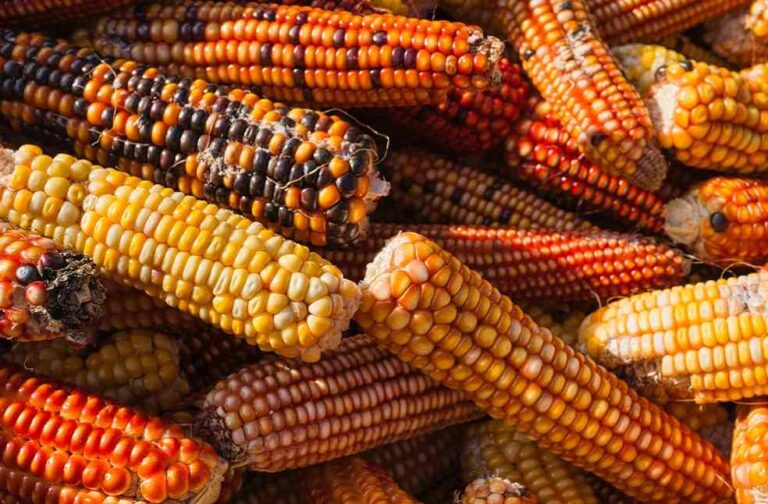As tensions simmer between the U.S. and Mexico, the genetically modified (GM) corn debate intensifies. On Thursday, the U.S. took the unprecedented step of seeking a dispute settlement panel, challenging Mexico’s restrictions on GM corn.
At the epicenter of this dispute is the United States-Mexico-Canada free trade agreement, the USMCA. Mexico’s Economy Department remains firm in its belief that its policies on GM corn don’t infringe upon the USMCA. Contrarily, the U.S. Trade Representatives Office (USTR) contends that Mexico’s reluctance to permit GM corn for human consumption and its intentions to prohibit it as animal feed lack scientific basis, thus breaching the USMCA’s market access clause.
With an expert panel set to scrutinize the complaint in the coming six months, the global community observes keenly. If Mexico’s actions are deemed non-compliant with the USMCA, it could face dire trade repercussions.

Diving deeper, Mexico stands as the primary importer of U.S. yellow corn, predominantly of the genetically modified variety. This imported corn chiefly nourishes livestock, given Mexico’s domestic corn production inadequacies. While the majority of corn for human diets in Mexico is sourced from indigenous white corn, there’s an existing risk that some manufactured foods might incorporate GM ingredients.
The foundation of Mexico’s caution stems from prospective health implications linked to biotech corn. Despite the absence of solid empirical evidence, their reservations remain significant.
Earlier this year, Mexico displayed diplomatic tact, launching new directives that removed a predetermined deadline for transitioning away from GM feed corn imports. These modified rules maintain that Mexican officials will oversee the ‘gradual substitution’ of GM feed and milled corn, but they refrain from setting a definitive deadline. The responsibility of assessing potential health hazards linked to GM corn has been allocated to a team of Mexican specialists, collaborating with global health authorities.

Peering through an economic lens, the stakes soar high. The prospect of Mexico altering its corn import strategy has U.S. agriculturalists on edge, especially considering Mexico’s consistent annual purchase of GM feed corn from the U.S., valued at around $3 billion. With Mexico’s potential shift towards GM corn substitution, meat prices might witness an uptick, particularly concerning Mexico’s escalating inflation.
Within the global tapestry of trade relations, this discord between the U.S. and Mexico exemplifies the complexities of balancing health concerns, scientific evaluations, and economic interests. As the dispute unfolds, it will undoubtedly serve as a crucial case study for international trade agreements and their real-world implications.
IMEX SECTOR | Japan’s July Trade Deficit Touches $538M Amid Semiconductor Export Dip



